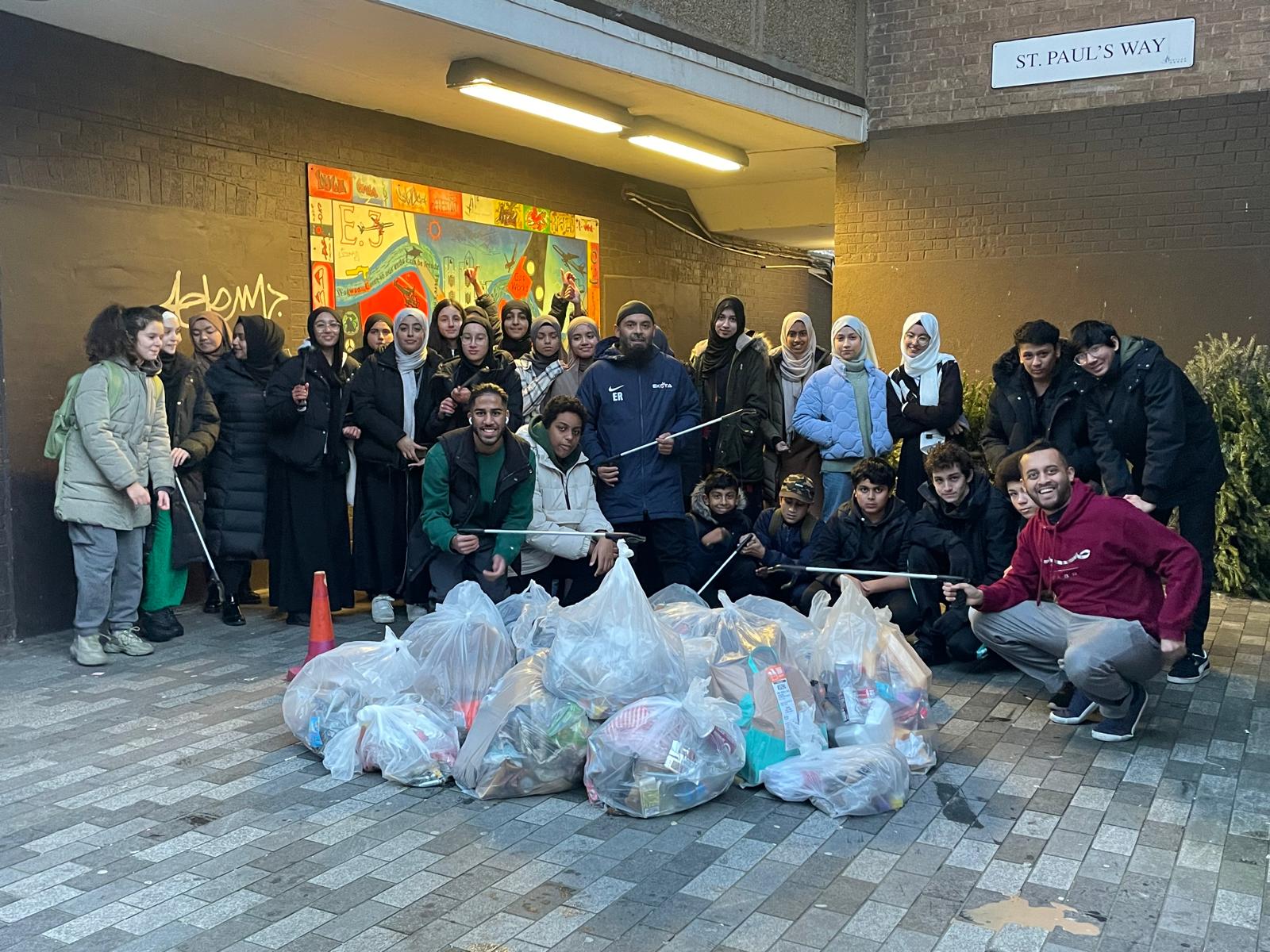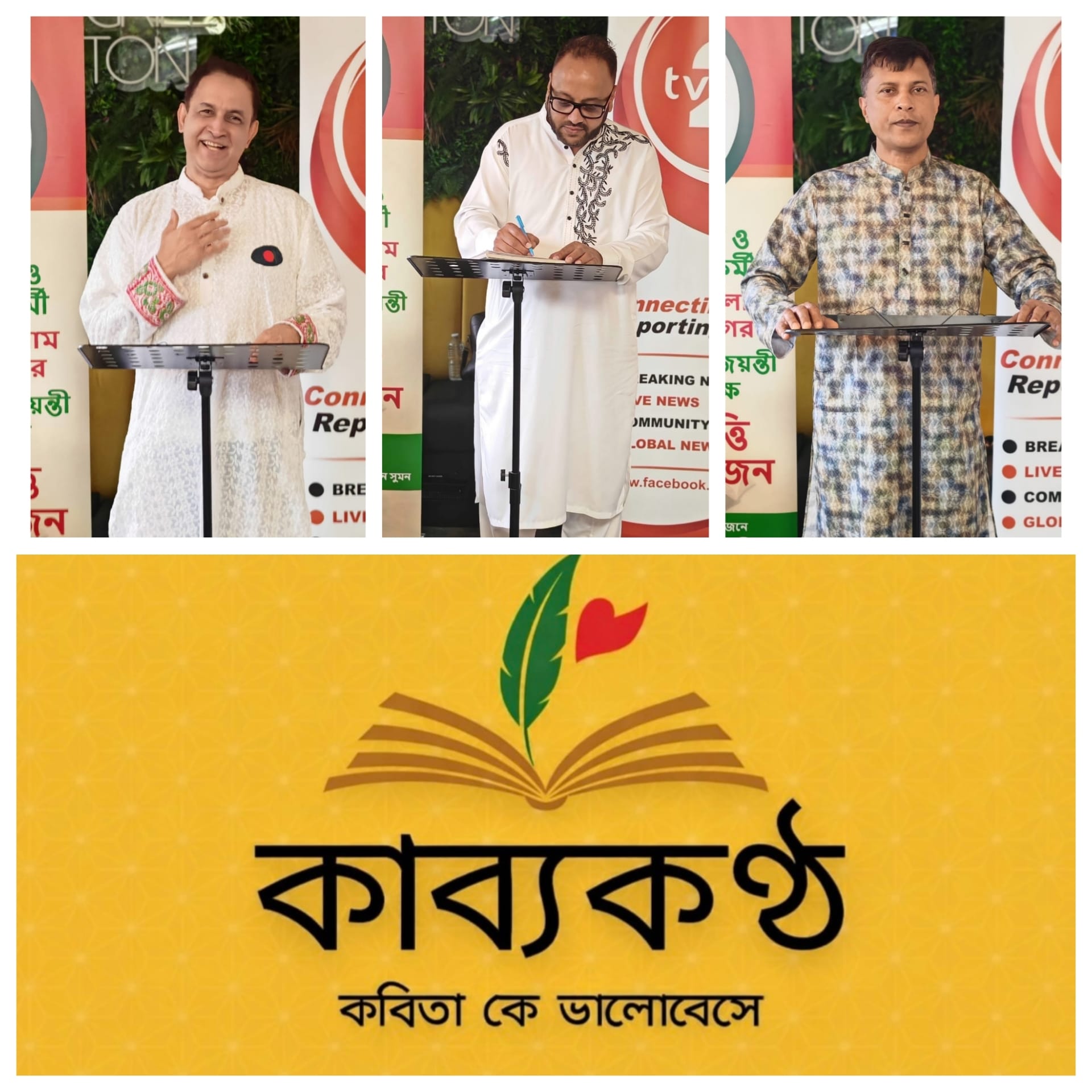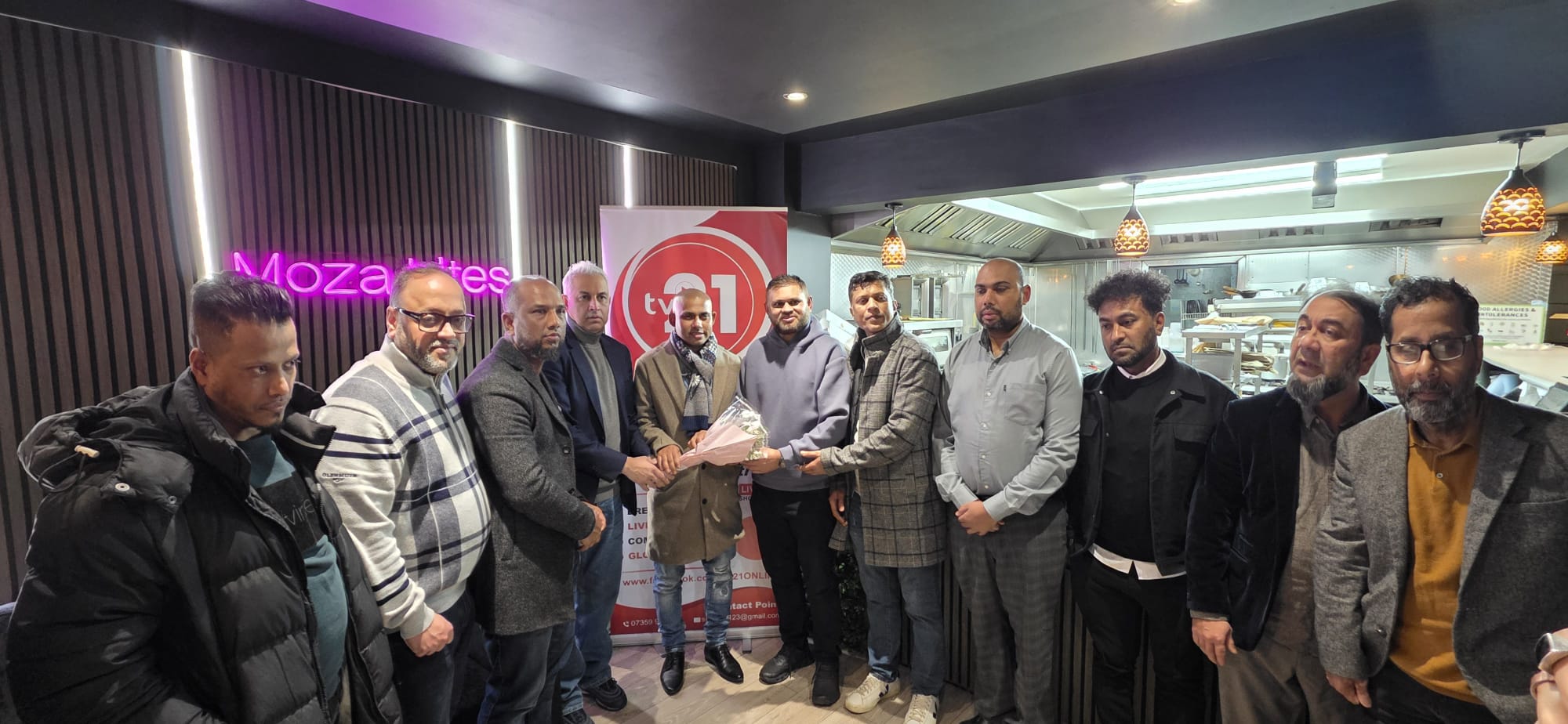Empowering Bangladeshi Women in the UK: A Story of Progress and Success
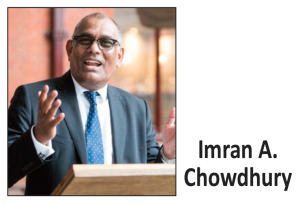
Introduction
Over the past two decades, the Bangladeshi diaspora community in the UK has witnessed a remarkable transformation in the empowerment of its women. Gone are the days of restrictive traditions and societal taboos that hindered their progress. Today, Bangladeshi women choose their life partners, pursue higher education, join their desired professions, and actively contribute to their families and communities. This blog will explore the incredible achievements of Bangladeshi women in the UK and how their empowerment has brought about positive changes within the community.
Choosing Life Partners and Consent
Traditionally, parental pressure and arranged marriages were common among Bangladeshi families. However, within the last two decades, the landscape has shifted dramatically. A significant achievement for Bangladeshi women in the UK is the freedom to marry partners of their choice, with both individuals’ consent. This shift marks a fundamental change in the community’s mindset and reflects a more progressive outlook, fostering healthier relationships and personal fulfilment.
Breaking the Taboos: Pursuing Higher Education
Education is a crucial aspect of empowerment, and Bangladeshi women in the UK have recognised its importance. Breaking away from age-old taboos that discouraged women from pursuing higher education, many Bangladeshi girls are now leaving their homes to study at universities. This trend enhances their knowledge and skills, enables them to challenge societal stereotypes, and contributes to developing a more inclusive society.
Overcoming Barriers in the Workplace
Bangladeshi women are no longer systematically barred from joining jobs that align with their aspirations. They have triumphed over societal barriers and discrimination to secure employment opportunities in various sectors. Through determination, resilience, and continuous learning, these women have shattered glass ceilings and emerged as successful professionals, contributing significantly to the UK’s workforce.

Becoming Breadwinners and Supporting Ageing Parents
Historically, Bangladeshi women had limited agency and often lacked financial independence. However, in recent years, they have become the breadwinners of their households, contributing to their families financial stability. This shift has empowered women economically and allowed them to support their ageing and ailing parents. The active role of Bangladeshi women in caring for their parents reflects their commitment to familial responsibilities while asserting their independence and strength.
Embracing Personal Freedom: Driving and Mobility

Previously, women in the Bangladeshi community faced unnecessary restrictions regarding personal mobility. However, these limitations have been challenged, and women now enjoy the freedom to drive and move about as they please. This newfound autonomy has expanded their horizons and contributed to their overall empowerment and self-reliance.
A Pragmatic and Encouraging Shift
The progress achieved by Bangladeshi women in the UK is remarkable and serves as an inspiration for other communities. The shift towards empowerment has brought individual fulfilment and fostered a more inclusive and progressive society. These women have challenged societal norms through education, career opportunities, and personal choices and redefined their roles within their families and communities.
Social Achievements:
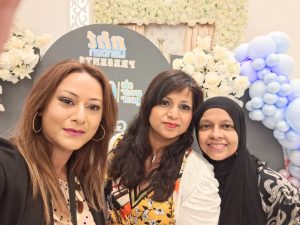
Bangladeshi women in the UK have made substantial strides in social empowerment. They have become active participants in community organisations, advocating for their rights and contributing to improving their communities. These women have organised events, workshops, and seminars to address various social issues, including domestic violence, mental health, and gender equality. Raising awareness and initiating dialogue has been instrumental in challenging societal norms and promoting a more inclusive and equitable society.
Additionally, Bangladeshi women have fostered a sense of unity and solidarity within their community. They have formed support networks and women’s groups, providing a safe space for dialogue, sharing experiences, and seeking guidance. These platforms have not only empowered individual women but have also nurtured a supportive community that encourages personal growth and collective progress.
Business Achievements:
Bangladeshi women have made significant inroads in the business sector, establishing successful ventures and contributing to the UK’s economy. Many women have become entrepreneurs, starting businesses in various industries such as retail, fashion, catering, and technology. Through their hard work, creativity, and entrepreneurial spirit, they have overcome challenges and built thriving enterprises.
Furthermore, Bangladeshi women have participated in networking events, business seminars, and mentorship programs. These initiatives have provided them with valuable resources, guidance, and connections, enabling them to enhance their skills and expand their professional networks. As a result, many Bangladeshi women have achieved recognition for their entrepreneurial endeavours and have become role models for aspiring businesswomen within and beyond their community.
Educational Achievements:
Education has been a powerful catalyst for the empowerment of Bangladeshi women in the UK. The community has witnessed a remarkable increase in girls pursuing higher education in universities and colleges nationwide. These women have excelled academically, breaking down barriers and disproving stereotypes.
Moreover, Bangladeshi women have actively engaged in educational initiatives and leadership roles within academic institutions. They have become mentors, teachers, and advocates, encouraging younger generations to pursue their educational aspirations and providing guidance on career paths and personal development. Through their involvement in educational organisations and initiatives, these women have played a vital role in shaping the educational landscape for their community and fostering a culture of learning and achievement.
To further support educational opportunities, Bangladeshi women have established scholarship programmes, grants, and foundations aimed at providing financial assistance to aspiring students. By removing financial barriers, they have opened doors for those who may not have otherwise had access to higher education. These initiatives have empowered individuals and contributed to the overall progress of the Bangladeshi community in the UK.
Choosing life partners with consent has not only empowered Bangladeshi women in the UK, but it has also transformed the dynamics of relationships within the community. This shift towards greater autonomy in marriage decisions is a significant departure from traditional norms that often emphasise parental control and arranged marriages.
One of the notable aspects of this change is the increased emphasis on family involvement in a more congenial manner. Rather than disregarding or undermining the role of parents and families, selecting life partners now involves open communication, mutual respect, and understanding. Families are more inclined to support their children’s choices, recognising that their happiness and well-being are paramount.
This more inclusive approach to marriage has fostered a sense of cohesion and integration within the community. When the bride and groom have the freedom to choose their life partners, it strengthens their bond and creates a foundation of trust, love, and respect. These relationships are more likely to flourish and endure, built on shared values and genuine affection.
Bangladeshi women have gained a sense of agency and empowerment by promoting consent and personal choice in marriage. They are no longer confined to predetermined unions but can explore compatibility, shared interests, and emotional connection with their chosen partners. This shift has enabled women to prioritise their happiness and well-being, contributing to healthier and more fulfilling relationships.
Furthermore, this change is a landmark win-win situation for individuals and their families. The likelihood of long-term happiness and compatibility increases when marriages are based on mutual consent and understanding. This benefits the couple and fosters stronger familial relationships and community cohesion. The collective support and acceptance of the union from both families create a positive and nurturing environment for the couple to thrive in their new journey together.
This paradigm shift also challenges societal norms and expectations around marriage. It sets an example for future generations, encouraging them to prioritise personal happiness, emotional compatibility, and shared values when considering life partners. This progressive outlook helps break the cycle of restrictive traditions and encourages individuals to make choices that align with their aspirations and desires.
In conclusion, the freedom to choose life partners with consent is a significant achievement for Bangladeshi women in the UK. This shift represents a fundamental change in the community’s mindset, fostering healthier relationships, personal fulfilment, and stronger familial bonds. By involving families more congenially and promoting mutual respect, this transformation has paved the way for a landmark win-win situation prioritising cohesion, integration, and the happiness of the bride, groom, and their families.
As the son of a remarkable woman who achieved significant milestones in her career, I, Imran Chowdhury, take immense pride in witnessing the accelerated progress of Bangladeshi women in the United Kingdom across various spheres of life.
My mother’s accomplishments serve as a testament to the resilience, determination, and talent that Bangladeshi women possess. Being a graduate in the 1950s was a significant achievement, as educational opportunities for women were limited during that era. Her dedication and commitment to higher education laid the foundation for her successful career journey.
Working in the government as a project director for rehabilitating women who were victims of the 1971 Bangladesh Liberation War, my mother demonstrated her unwavering commitment to social justice and supporting those in need. Her contribution to helping these women rebuild their lives after the war showcases her compassion and dedication to uplifting others.
Wrapping up her career as a teacher, my mother played a pivotal role in shaping the lives of countless students, imparting knowledge, and instilling values in them. The impact of her teaching reverberates through generations as her students carry the lessons and inspiration she shared with them into their own lives.
Drawing inspiration from my mother’s journey, I am elated to witness the remarkable achievements of Bangladeshi women in the United Kingdom today. These women have accelerated their progress in various spheres of life, demonstrating their determination, intelligence, and resilience.
Bangladeshi women have made significant strides in the professional realm, breaking barriers and excelling in their respective fields. They have become successful entrepreneurs, leaders in academia, influential figures in the arts and culture, and professionals in diverse industries. Their contributions to the UK’s economy, innovation, and social fabric are invaluable.
Moreover, Bangladeshi women in the UK have actively engaged in community development and advocacy work. They have taken on leadership roles in community organisations, working towards the betterment of their fellow community members. Their tireless efforts have addressed social issues, raised awareness, and promoted inclusivity and empowerment.
In education, Bangladeshi women excel academically and embrace opportunities for personal and professional growth. They pursue higher education at prestigious institutions, conduct ground breaking research, and actively participate in intellectual and academic discourse. Their commitment to learning and knowledge reflects their determination to excel and make a positive impact in their chosen fields.
Furthermore, Bangladeshi women in the UK have embraced their roles as mentors, inspiring and guiding younger generations. They actively participate in mentorship programmes, career guidance initiatives, and educational organisations, providing support and guidance to those who aspire to follow in their footsteps. By sharing their experiences and wisdom, they empower and uplift others, creating a ripple effect of success and progress.
As I reflect upon my mother’s journey and witness the achievements of Bangladeshi women in the UK today, I am filled with joy and admiration. The accelerated progress of Bangladeshi women in various spheres of life is a testament to their resilience, determination, and the opportunities that are gradually becoming more accessible to them.
Their achievements inspire the current generation and pave the way for future generations of Bangladeshi women to dream bigger and aim higher. As we celebrate their successes, we must continue to foster an environment that nurtures their potential, dismantles barriers, and ensures equal opportunities for all.
Conclusion
The empowerment of Bangladeshi women in the UK over the past two decades is a testament to their determination, resilience, and the positive changes occurring within their community. From exercising their right to choose life partners and pursuing higher education to breaking barriers in the workplace and supporting their families, these women have overcome numerous obstacles. Their achievements signify a significant societal transformation and exemplify the immense potential that lies within every individual when given equal opportunities. As the Bangladeshi diaspora community in the UK continues to progress, it is crucial to celebrate these accomplishments.
The achievements of Bangladeshi women in the UK extend beyond individual success stories. Their social, business, and educational accomplishments have transformed their community and contributed to the larger fabric of British society. Through active participation in community organisations, advocacy for social issues, entrepreneurial ventures, and educational pursuits, Bangladeshi women have shattered stereotypes, overcome barriers, and emerged as catalysts for change.
Their achievements serve as a testament to the limitless potential of women when provided with equal opportunities and support. As these women continue to inspire and empower others, the Bangladeshi community in the UK thrives, benefiting from the diversity, talent, and resilience of its women. The remarkable progress made within the last two decades signifies a collective journey towards gender equality, social justice, and inclusive growth, setting a shining example for communities worldwide.
The exceptional achievements of Bangladeshi women in the United Kingdom, coupled with the legacy of trailblazers like my mother, serve as a testament to the community’s indomitable spirit and immense talent. As we strive for a more inclusive and equitable society, we must recognise, celebrate, and support the
remarkable progress and contributions of Bangladeshi women from all walks of life.



